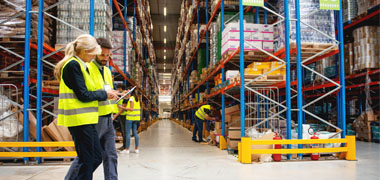
Transport and Logistics courses in Canberra
Course providers in Canberra
The following providers offer Transport and Logistics courses in Canberra, Australian Capital Territory.



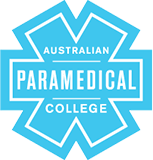



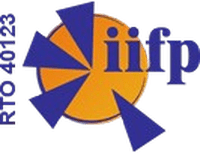

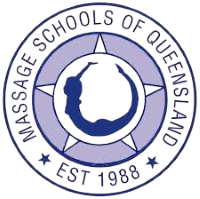







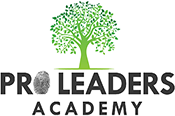











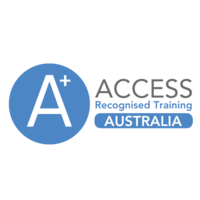








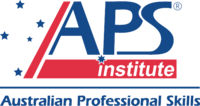


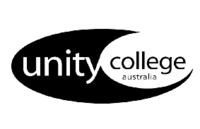














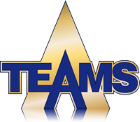

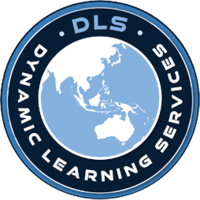





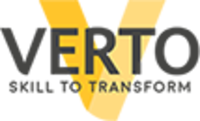





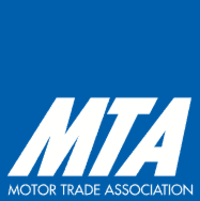











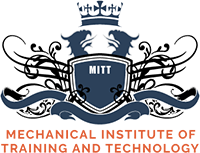



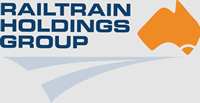











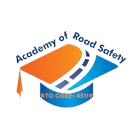







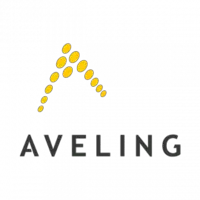
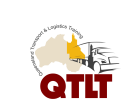

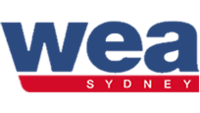



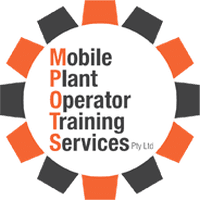
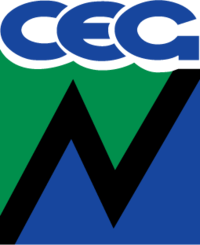
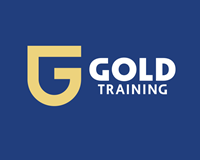
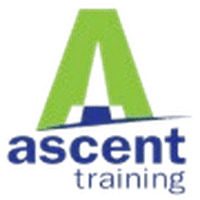


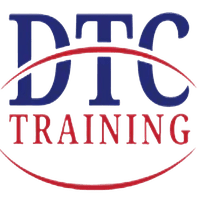
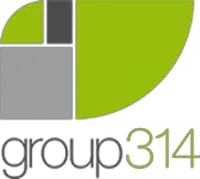


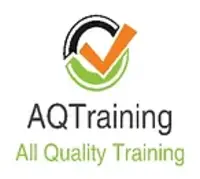



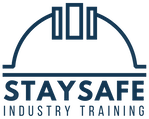
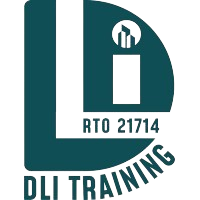
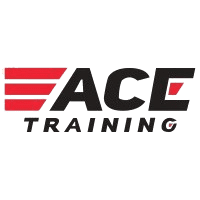
















Career Pathfinder
Skills shortages + AI Exposure
Discover in-demand careers and understand how each role may be impacted by AI and automation.
- See in-demand occupations across Australia
- Check AI Exposure ratings
- Compare training duration and average income
Choose a study area
Aviation and Piloting
Embarking on a career in aviation and piloting can be an exciting journey, and it all begins with taking the right courses. At Courses.com.au, you can...
- Survey Pilot
- Commercial Pilot
- Helicopter Pilot
- Flying Instructor
- IFR Pilot
- Airport Ground Crew
- Flight Attendant
- Airport Operations Manager
- Multi-Crew Pilot
- Freight Pilot
- Aircraft Maintenance Engineer
- Apprentice Aircraft Maintenance Engineer
- Aircraft Surface Finisher
- Aviation Manager
- Aerodrome Operations Supervisor
- Cabin Crew Supervisor
- Ground Operations Supervisor
- Air Traffic Controller
- Aviation Consultant
- Flight Dispatcher
- Aviation Maintenance Worker
- Skydive Pilot
- Agricultural Pilot
- Flight Examiner
- Flight Simulator Instructor
- Aviation Support Officer
- View all
Driving and Transport
Are you interested in exploring a rewarding career in the Driving and Transport sector? This industry offers diverse opportunities for individuals loo...
- Truck Driver
- HGV Driver
- Bus Driver
- Tram Driver
- Monorail Operator
- Driving Instructor
- Forklift Driver
- Fuel Tanker Driver
- Fleet Manager
- Fleet Controller
- Transport Scheduler
- Patient Escort
- Non-Emergency Patient Transport Driver
- Non-Emergency Patient Transport Officer
- Patient Transporter
- Non-Emergency Medical Transportation (NEMT) Driver
- Driving Examiner
- Street Sweeper Driver
- Taxi Driver
- Fleet Service Assistant
- Vehicle Operator
- Taxi Captain
- Truck Operator
- Linehaul Driver
- Vehicle Driver
- Container Haulage Driver
- Transport Driver
- View all
Drones and Remote Piloting
Drones and Remote Piloting is an innovative field that offers exciting career opportunities in Australia. With the increasing use of drones across ind...
Logistics
If you're considering a career in logistics, Courses.com.au offers a comprehensive range of Logistics courses across Australia. With 63 courses listed...
- Logistics Manager
- Transport Coordinator
- Logistics Clerk
- Postal Worker
- Shipping Officer
- Logistics Officer
- Logistics Administrator
- Import/Export Manager
- Trade Manager
- Trade Manager
- Logistics Specialist
- Logistics Coordinator
- Logistics Planner
- Supply Planner
- Transport Manager
- Logistician
- Supply and Distribution Manager
- Ticketing Coordinator
- Air Cargo Examination Officer
- Logistics Supervisor
- Vehicle Operator
- Truck Operator
- Linehaul Driver
- Motorbike Courier
- Delivery Rider
- Container Haulage Driver
- Transport Driver
- View all
Maritime
Looking to embark on a rewarding career in the Maritime industry? Courses.com.au offers a comprehensive range of Maritime courses that cater to learne...
- General Purpose Hand
- Coxswain
- Second Engineer
- Chief Cook
- Sea Captain
- Chief Engineer
- Marine Mechanic
- Marine Engineer
- Boat Builder
- Shipwright
- Assistant Shipwright
- Engineer Watchkeeper
- Marine Surveyor
- Master Mariner
- Watchkeeper Deck Officer
- Deckhand
- Ship Mate
- Ship Master
- Naval Architect
- Marine Trimmer
- Marine Fabricator
- Marine Engine Driver
- Vessel Skipper
- Boat Master
- Vessel Engineer
- Marine Inspector
- Ship Surveyor
- Workboat Operator
- View all
Rail
If you're looking to kickstart your career in the Rail industry in Australia, Courses.com.au offers a comprehensive range of Rail courses designed to ...
Warehousing
If you're considering a career in the Warehousing sector, you're in luck—Courses.com.au lists a remarkable selection of Warehousing courses to help yo...
Further reading


How to start a career in Logistics
14th October 2021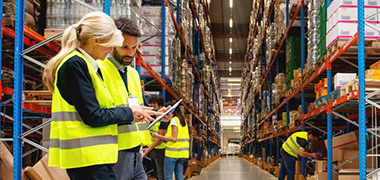
How to start a career in Warehousing
3rd November 2021More about Transport and Logistics courses
If you’re looking to kickstart a promising career in the Transport and Logistics sector, you're in the right place. The demand for skilled professionals in Canberra's booming logistics landscape is on the rise. With a range of courses available through esteemed training providers, you can gain the necessary qualifications to pursue various rewarding job roles such as an Inventory Controller, Freight Handler, or a Logistics Manager. Whether you aspire to work in aviation or warehousing, Canberra offers a wealth of opportunities for a dynamic and fulfilling career.
Exploring specific study areas, you will find courses dedicated to Drones and Remote Piloting, Rail, and Aviation and Piloting. These fields are essential in today's fast-paced environment, particularly in Canberra, which is positioned as a hub of innovation. With the right training, you can become a skilled Drone Operator or a qualified Commercial Pilot, and play a critical role in shaping the future of transport.
Canberra’s logistics and transport industry is multifaceted, and you can navigate your way through a variety of opportunities by specialising in areas such as Warehousing or Logistics. Courses offered by recognised training organisations equip students with the expertise needed to excel as a Warehouse Manager, Logistics Clerk, or a Transport Coordinator. By focusing on these areas, students not only gain valuable skills but also increase their employability in a competitive job market.
Moreover, gaining practical knowledge in driving and transport through courses on Driving and Transport or Maritime can lead to careers as an HGV Driver or Truck Driver. Even the role of a Bus Driver is pivotal in connecting communities throughout the Canberra region, making transport professionals an integral part of the city's infrastructure.
Investing in Transport and Logistics training in Canberra ensures you are setting yourself up for success in a booming industry. For more information about the available courses and training providers, visit the full list of options at https://www.courses.com.au/transport-and-logistics/canberra. With the right qualifications, you can fast track your career and explore a vivid range of roles from Logistics Officer to Postal Worker. Your future in Transport and Logistics starts here!

